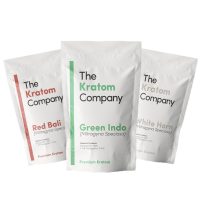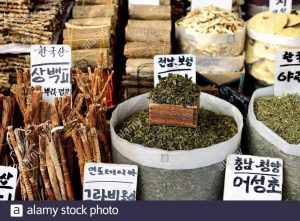Home » Breaking Down the Kratom Ban in Chicago and How You Can Help

Breaking Down the Kratom Ban in Chicago and How You Can Help
- Anthony Dent, Founding Member
- No Comments
Navigating the landscape of kratom regulations, especially in urban areas like Chicago and nearby Tinley Park, can be perplexing for community members and business owners alike. With kratom’s appeal as an alternative well-being product growing nationwide, its legality has become a heated debate. Recently, leaders in Tinley Park approved an ordinance to ban the sale, distribution, and use of kratom, sparking community concerns. Luckily, exceptions do exist, which shows there’s room for advocacy and change.
This evolving situation in Chicago has led to increased scrutiny and interest in the regulations surrounding the use of kratom. Kratom enthusiasts and professionals suggest that this tropical tree product can offer experiences many find beneficial. However, with legislative actions like those in Tinley Park, understanding kratom’s legal status is crucial.
The Kratom Ban in Chicago and Tinley Park
If you live in Chicago or nearby Tinley Park, you’ve likely heard whispers of the growing controversy surrounding kratom. This plant, hailed by many as a natural alternative for various daily struggles, has been subject to intense scrutiny. In recent years, both Chicago and Tinley Park have taken significant steps to regulate and even ban kratom. City officials in Tinley Park recently passed an ordinance that approved a ban on kratom despite community and industry concerns. This ban has caused a stir among many local residents and businesses.
Here’s an overview of what you should know:
- Tinley Park passed an ordinance to prohibit kratom sales, distribution, and use, with some exceptions for businesses in the first year.
- Business owners and advocates raised objections to the kratom ban in Chicago, arguing it would negatively impact their businesses and harm consumers.
- The ordinance grants a 12-month amnesty period for businesses primarily profiting from kratom sales and a six-month period for those selling it as an accessory.
- Tinley Park business owners advocated for regulations that protect consumers while preserving their ability to sell kratom.
- Some business owners claim the ban will result in significant financial losses for their establishments.
The Impact on Local Businesses and Consumers
Business Concerns
Local businesses, particularly those that have diversified into the sale of kratom products in Chicago, will be impacted in various ways:
- Loss of Revenue: Several retailers consider kratom an integral part of their product lineup. Without it, a significant revenue stream vanishes.
- Job Cuts: As profits dwindle, some businesses may find it necessary to cut jobs. Staff reductions become a dire consequence of lost sales, putting additional stress not only on businesses but also on families who depend on these income sources.
- Adapting Inventory: Retailers are scrambling to replace kratom with new products. Unfortunately, finding a substitute that replicates the unique demand is no easy task.
Consumer Implications
For regular buyers, the kratom ban in Chicago translates into a maze of new challenges and uncertainties:
- Limited Access: Without kratom in stores, frequent consumers now lose convenient access to something they have integrated into their routines.
- Potential Health Risks: A lack of access drives some to other marketplaces where authenticity and safety aren’t always assured, increasing unnecessary risks.
- Changed Sourcing Methods: With the kratom ban in Tinley Park, consumers are now forced to navigate a labyrinth of new obstacles and uncertainties as they seek alternative sourcing methods.
Grassroots Advocacy and Community Action
If you’re someone who’s passionate about kratom in Chicago and beyond, and its implications on overall well-being and personal choice, joining kratom advocacy efforts can be an essential step in shaping local policy.
Ways to Get Involved
Want to make a real difference in the regulations surrounding kratom in your state or city? Here are actions you can take:
- Educate Yourself and Others: Being well-informed about kratom and its properties allows you to educate others. Share scientific findings, personal experiences, and policy-making trends in conversations, emails, or on social networks.
- Petitions and Signatures: Support or start petitions to regulate kratom in Chicago. Whether physical or electronic, petitions are crucial tools for showing community support for or against specific regulations.
- Voice in Politics: Contact your local representatives to express your opinions about the kratom ban. Emails, phone calls, or scheduled face-to-face meetings can be particularly influential.
- Attend Council Meetings: Show up at city council meetings and town halls in both Chicago and Tinley Park. Prepare to present evidence and well-crafted arguments about kratom’s significance.
- Join Local Advocacy Groups: Several established networks and advocacy groups work tirelessly to influence policies. Some of the critical groups include the American Kratom Association, and Kratom Rocks, a Chicago-based Facebook group that brings together passionate users and those with informed perspectives on kratom.
- Social Media Advocacy: Use social media platforms to join conversations about kratom bans and regulations. A hashtag campaign or a viral post can effectively grab the attention of locals and elected officials.
Kratom advocacy in Chicago and Tinley Park isn’t just about voices; it’s about shared experiences and determination for improved policies. By participating, you contribute to a community that believes in informed choices and responsible regulations.
The Call for KCPA in All States
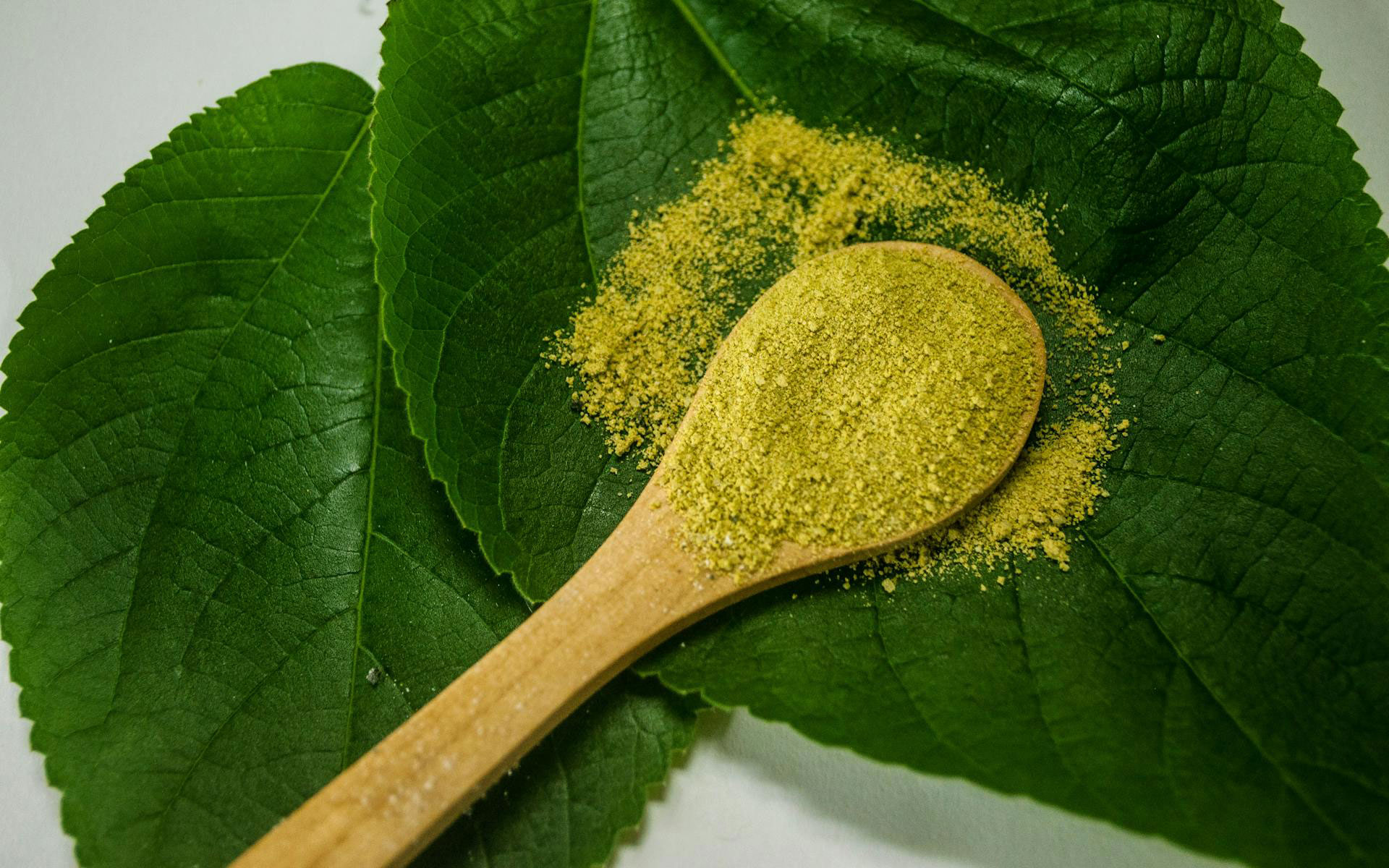
The call is growing for the implementation of the Kratom Consumer Protection Act (KCPA) in all states, including Illinois. Born out of concerns over consumer safety, the KCPA seeks to create guidelines for how kratom is sold to ensure that all products meet specific safety standards. Why is this important? By implementing requirements around testing and labeling, the KCPA aims to ensure buyers know what they’re purchasing. Pushing for regulation of kratom in Chicago and the larger state of Illinois is vital to ensuring access to kratom. The KCPA mandates regulations like:
- Standardized Testing: Helps ensure purity and safety across all product lines.
- Clear Labeling: Offers transparency about origins and composition.
- Age Restrictions: Similar to those required for alcohol, to protect minors.
These components work together to offer peace of mind for both those selling and those buying kratom. Think of it as a safety net designed to keep you away from subpar products often found in unregulated markets.
Benefits of KCPA
Implementing the KCPA in states like Illinois can lead to a number of positive outcomes for communities and individuals:
- Enhanced Safety: When kratom regulations are in place in Illinois and cities like Chicago, quality control measures have to be followed. This prevents the sale of contaminated products and protects consumers from potential risks.
- Transparency and Trust: The KCPA enhances transparency, allowing consumers to trust what they’re buying. This trust fosters a more open and communicative marketplace.
- Community Health: Regulation under KCPA goes beyond individual consumer needs—it also strengthens community health. Regulation enables everyone to enjoy the benefits of kratom in Tinley Park and beyond without unnecessary risks.
Learn More About Kratom Legislation and Regulation
The kratom debate in Chicago and Tinley Park reflects the complex interplay of public sentiment, legislation, and the pursuit of balanced regulation. As a kratom enthusiast, it’s crucial to engage in informed discussions, advocate for sensible policies, and stay updated on local regulations. By actively participating in these conversations, we can shape a future that respects individual choice, promotes transparency, and safeguards community well-being.
Ultimately, this journey of knowledge and advocacy will contribute to a more balanced and informed approach to kratom in our communities. Learn more about kratom in Illinois at The Kratom Company, where we keep you updated on the latest kratom developments and give you a place to buy quality kratom.
Featured Products
-
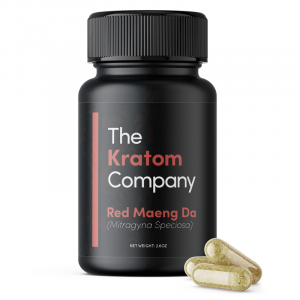 From $24.00Select options This product has multiple variants. The options may be chosen on the product page
From $24.00Select options This product has multiple variants. The options may be chosen on the product page -
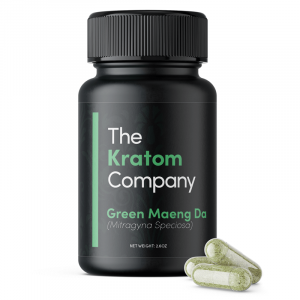 From $24.00Select options This product has multiple variants. The options may be chosen on the product page
From $24.00Select options This product has multiple variants. The options may be chosen on the product page -
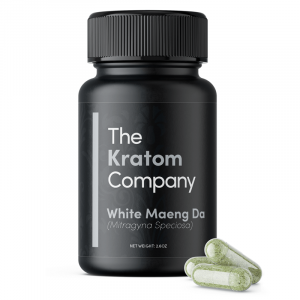 From $24.00Select options This product has multiple variants. The options may be chosen on the product page
From $24.00Select options This product has multiple variants. The options may be chosen on the product page
Explore More Posts
Product Search
Featured Products
-
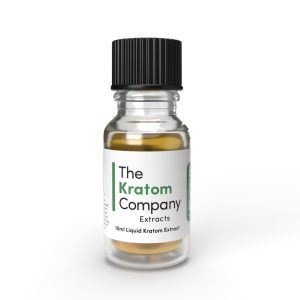 Pure Kratom Liquid Extract
Rated 4.72 out of 5From $20.00
Pure Kratom Liquid Extract
Rated 4.72 out of 5From $20.00 -
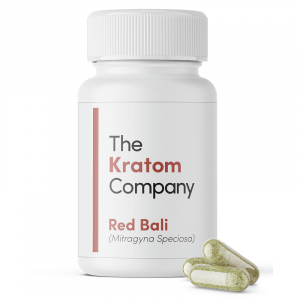 Red Vein Bali Kratom Capsules
Rated 4.70 out of 5From $24.00
Red Vein Bali Kratom Capsules
Rated 4.70 out of 5From $24.00 -
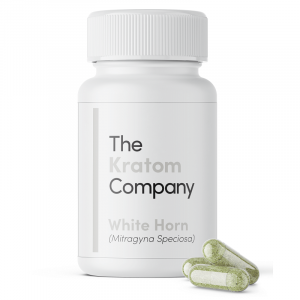 White Horn Kratom Capsules
Rated 4.88 out of 5From $24.00
White Horn Kratom Capsules
Rated 4.88 out of 5From $24.00
Follow Us
Strains
Blogs
NEWSLETTER
Sign up for our newsletter!

These statements and products presented on this website have not been evaluated by the Food and Drug Administration FDA. The products mentioned on this website are not intended to diagnose, prevent, treat or cure any diseases or health conditions. Therefore any information on this website is presented solely as the opinions of their respective authors who do not claim in any way shape or form to be medical professionals providing medical advice. The KRTM Company and its owners or employees cannot be held responsible for, and will not be liable for the inaccuracy or application of any information whatsoever herein provided. By purchasing our products you agree that you are aware and in compliance with your local county, state, or federal regulations. Must be 21 years or older to purchase Kratom. The US FDA has not approved kratom as a dietary supplement. We do not ship to the following states, cities and counties in the US where Kratom is banned: Alabama, Arkansas, Indiana, Rhode Island, Vermont, Wisconsin, Sarasota County, FL, Union County, MS, Denver, CO, San Diego, CA, and Jerseyville, IL.

